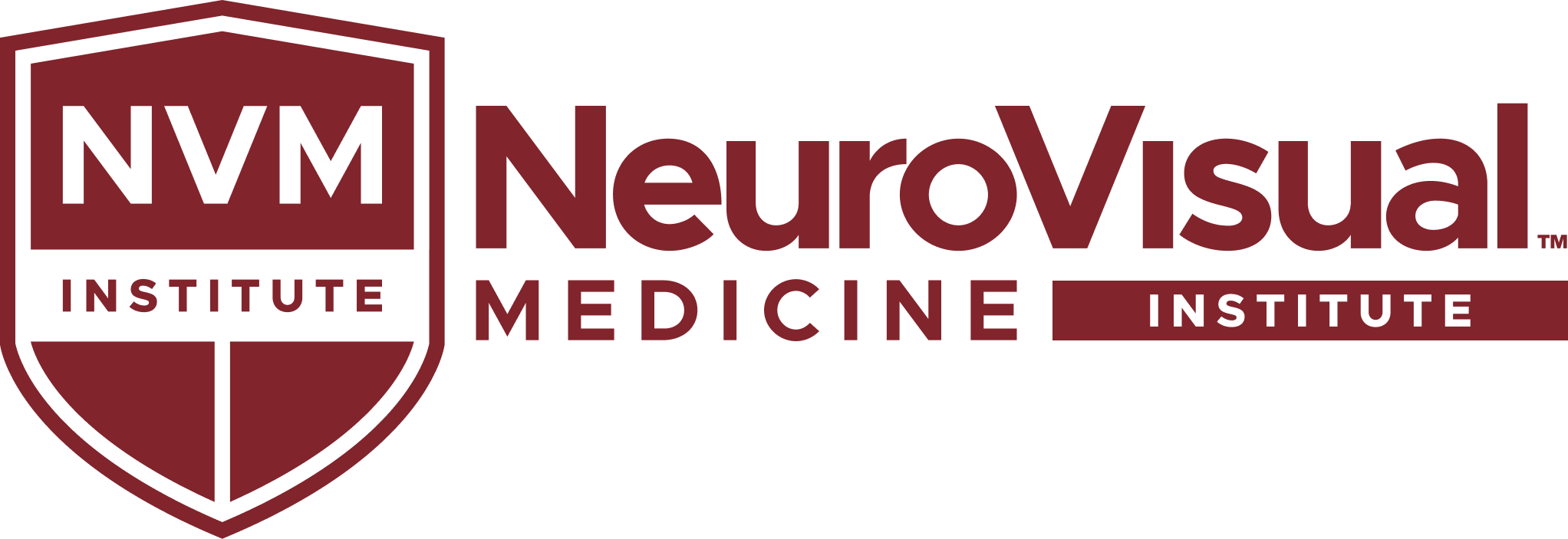Optometry Is Changing.
Now What?

By Matt Rosner
- 4 min read
If you talk to enough doctors these days, you’ll hear it: optometry doesn’t feel the same anymore.
Between corporate consolidation, new technology, and shifting patient expectations, it’s natural to wonder where independent optometry is heading, and where you fit in.
But here’s the thing most people are only starting to realize: the field of optometry isn’t breaking. It’s simply shifting.
And even on the hard days, you still have far more control than it feels like.
Independent ODs are at one of the profession’s most meaningful crossroads.
The direction from here is yours to define. The real work is choosing where to start.
What’s Getting in the Way
If you’ve felt the pressure, you’re not imagining it.
Between big-box opticals, private equity, and insurance plans that take more than they give, it can feel like the system demands that you work faster, even if that means sacrificing the patient connection that brought you into this field in the first place.
Most ODs entered this profession because something about the work spoke to them.
The human connection. The problem-solving. The blend of art and science. Helping people see clearly again, sometimes for the first time in years.
But somewhere along the way, it all started to feel… noisier. More transactional.
Less like a calling and more like something to “get through.”
That tension you feel?
It’s real. And it’s asking you to choose your path.
The Future Looks Different — and That’s a Good Thing
Optometry is entering a phase I think of as selective reinvention.
Technology is advancing, patients expect more, and opportunities for better patient outcomes are everywhere.
The pieces that drain you, like charting, scheduling, or the billing treadmill, won’t define the future of care. AI will take on more of that load.
And suddenly, the most human parts of your job become the most valuable again.
More time to listen. More time to problem-solve. More time to help people see differently — in every sense of the word.
This isn’t about losing autonomy. It’s about reclaiming it.
Because at the end of the day, you get to decide what kind of doctor you want to be.
Preparing for What’s Next
If you want a future that feels fulfilling, you have to build it intentionally.
The good news? You don’t have to do it all at once. Just one meaningful choice at a time.
Take a minute to reflect. Ask yourself:
- What kind of care energizes me?
- What kind of patients do I love helping most?
- What would make me excited to go to work five years from now?
Sit with these questions.
Your answers will help guide your future moves, not the insurance panels or managed care plans you participate with today. If improved patient outcomes are your driving force, you don’t have to push that aside to survive the changing landscape.
You can build a career and a practice around your deepest strengths and the kind of care that lights you up.
What Independent ODs Are Doing Next
Once you start looking inward, it becomes easier to see the paths in front of you, and how they support who you’re becoming.
As the profession moves in a new direction, you have options and the resources to become the doctor you’ve always wanted to be.
1. Automate the Things You Don’t Love
If your north star feels buried under paperwork, adding an AI tool might help you get back to what matters most: time, clarity, and bandwidth.
With an AI tool designed for optometry, you can
- Generate chart notes in seconds.
- Schedule patients without a human on the other end of the phone
- Quickly analyze data without late-night headaches.
These tools aren’t here to take the heart out of optometry. They’re here to protect it.
2. Explore New Horizons
For some ODs, their north star shines the brightest when helping patients with complex cases.
Some of the most fulfilled doctors didn’t reinvent the wheel, they leaned into the parts of care they loved most.
Maybe that’s NeuroVisual Medicine. Maybe it’s myopia management. Or maybe it’s advanced disease care.
These specialties can open doors, deepen impact, and make your work feel meaningful again.
3. Find Your People
Optometry can feel like a lonely profession, but it doesn’t have to be.
The truth is, the future of optometry isn’t something you build alone.
It’s being shaped by communities of clinicians who believe the profession can be better than the pressures around it.
You’ll find them in small conferences, online networks, mastermind groups, and late-night conversations with doctors who care as deeply as you do.
These are the ODs saying, we can do this differently. These are your people.
The Bottom Line
You became an optometrist for a reason. That reason still matters. It just needs new tools, new focus, and new collaboration.
The future belongs to doctors who evolve with intention. The ones who build practices that reflect their purpose, their skill, and their vision.
So, why be an optometrist today?
Because the field is wide open for anyone brave enough to define what comes next.
Begin with these questions. They’re the first step.
And we’ll be with you along this journey, bringing stories of independence, resilience, and practical frameworks to help you build and sustain your independent future in optometry.
About NVMI
The NeuroVisual Medicine Institute (NVMI) equips optometrists with the tools, training, and support to deliver life-changing care for patients with Binocular Vision Dysfunction (BVD). Through education, mentorship, and a national network of specialists, NVMI helps practices expand access to NeuroVisual Medicine and build thriving, purpose-driven teams.
Book a consultation to see if a NeuroVisual Specialty is right for your practice.
